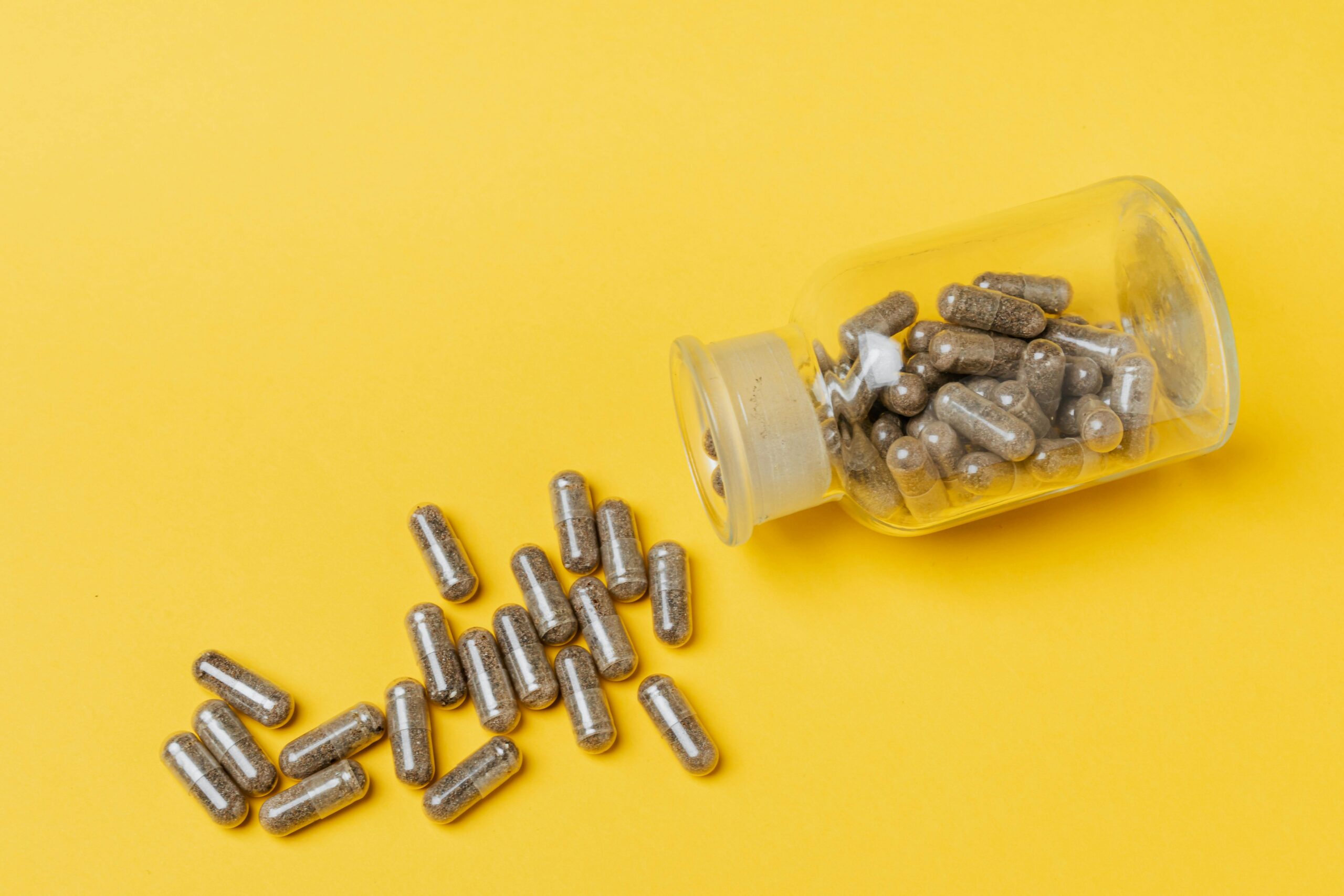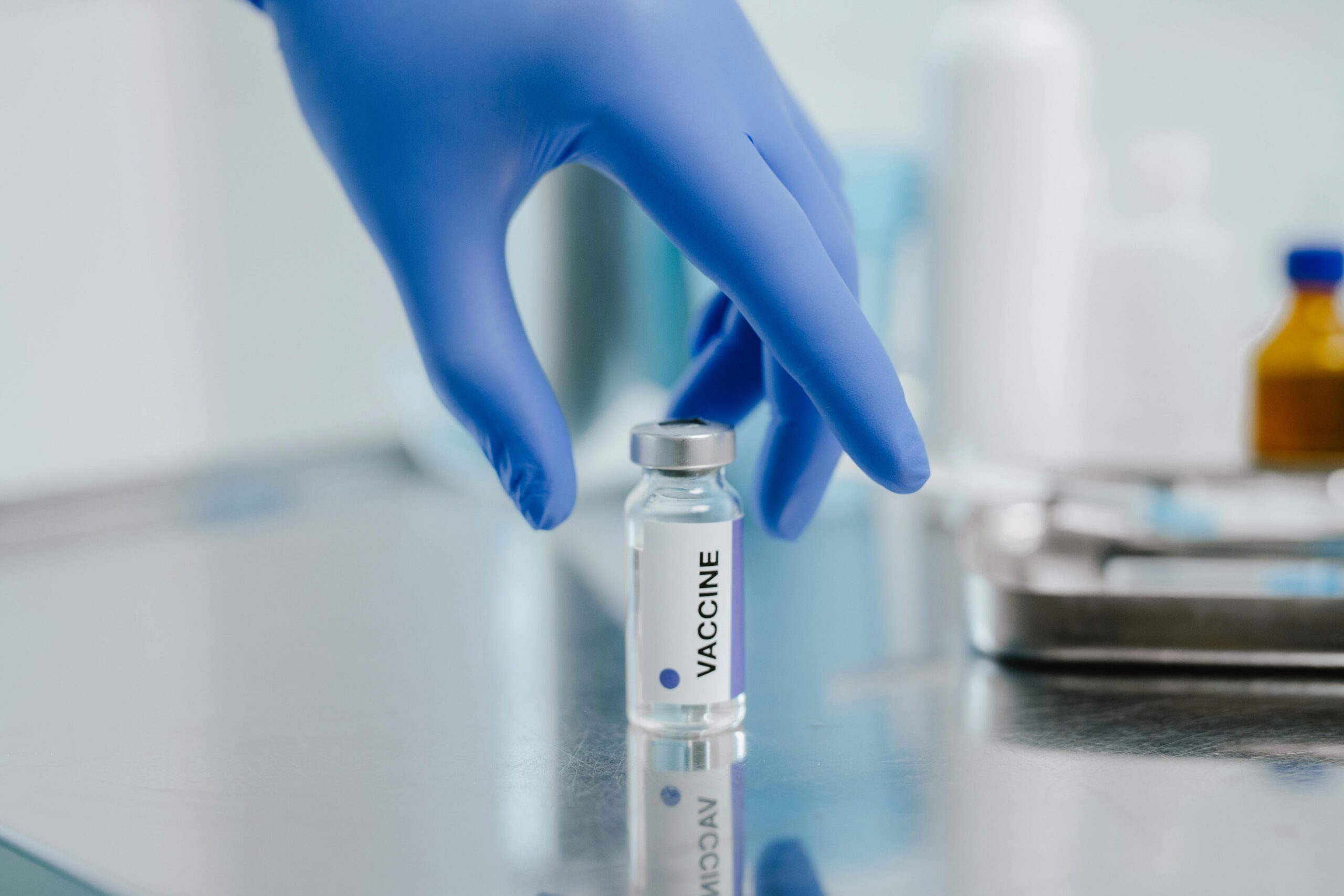The opioid crisis has deeply affected countless American families, with millions grappling with opioid use disorder (OUD). Many find essential support in methadone maintenance treatment (MMT), a long-term medication that, while life-saving, often comes with unwelcome side effects like weakened immune systems and gut health issues. But what if an age-old therapy, one seemingly far removed from modern medicine, could not only help ease addiction but fundamentally change how our bodies respond to treatment?
New research, published in the journal Research, indicates that acupuncture, a practice from traditional Chinese medicine, could significantly benefit those on methadone. The study offers compelling evidence that acupuncture doesn’t just help reduce methadone dosages and opioid cravings; it appears to re-engineer our internal biology, boosting our immune defenses and rebalancing our gut health. This isn’t merely about lowering a dose; it represents a profound shift in how we might approach recovery, offering a holistic path toward wellness that science is just beginning to understand.
Unpacking the Science: How the Study Was Conducted
To truly grasp how acupuncture might be achieving these remarkable effects, researchers conducted a sophisticated scientific investigation. They combined traditional clinical trial methods with advanced “multi-omics” analysis. This cutting-edge approach allows scientists to examine the human body at a deeper level, scrutinizing everything from genes and proteins to the vast communities of microbes living in our gut.
The study was set up as a randomized, placebo-controlled trial, which is considered the most reliable way to test new treatments. This meant participants were randomly assigned to either receive real acupuncture or a “sham” acupuncture. The sham treatment mimicked the real thing in appearance and feel but lacked the therapeutic elements. This design helps ensure that any observed improvements are genuinely due to the acupuncture itself, not just the power of suggestion.
Researchers enrolled 118 patients who were undergoing methadone maintenance treatment. Forty-eight of these participants generously provided various biological samples—blood, plasma, and stool—which were essential for the detailed “multi-omics” analysis. The group was divided into 25 receiving real acupuncture and 23 receiving sham acupuncture. Importantly, the two groups were similar in key characteristics like age, sex, body mass index, marital status, job, education, and years of opioid use, ensuring a fair comparison. The average age was around 48-49, with most participants being male.
For eight weeks, patients received their assigned treatments. The research team then analyzed how acupuncture influenced different biological systems, including the immune system, metabolism, and the gut microbiome. They used a suite of advanced technologies, allowing them to peer into the intricate workings of cells and systems to identify the molecular changes acupuncture brought about.
Acupuncture’s Impact: More Than Just Dose Reduction
The clinical outcomes were striking. After eight weeks, an impressive 84% of patients in the acupuncture group successfully reduced their methadone dosage by 20% or more. In contrast, only 39% of those in the sham-acupuncture group saw a similar reduction. This significant difference strongly indicates that acupuncture had a real and measurable effect on methadone reduction. It’s also worth noting that no harmful side effects were reported in either group throughout the study, highlighting acupuncture’s safety in this context.
Beyond the clinical improvements, the study began to reveal the biological processes behind these benefits. One of the most compelling discoveries was acupuncture’s connection to strengthening the body’s defense against viruses.
Researchers closely examined immune cells in the blood, specifically “classical monocytes.” These are a type of white blood cell that acts as a crucial first responder to infections. The study found that acupuncture activated these cells, making them more effective at defending against viruses and bacteria. This is particularly important because long-term opioid use, and even methadone itself, can suppress the immune system, making individuals more vulnerable to illness. Acupuncture appears to counteract this weakening effect.
The study also shed light on how acupuncture might help heal imbalances in the gut microbiome—the vast community of bacteria and other microorganisms in our intestines. Opioid use can disrupt this delicate balance, leading to various health problems. The researchers observed that acupuncture might help restore this balance by increasing certain beneficial bacteria and by influencing how the body handles bile acids. Bile acids, produced in the liver, aid digestion but also play a role in regulating the immune system.
Another key insight involved a protein called galectin-9. Acupuncture was found to increase the activity of galectin-9, a protein vital for communication between different immune cells. This enhanced cellular “chatter” could be a fundamental way acupuncture boosts the overall immune response. To further explore this, the scientists even conducted lab experiments showing that bile acid exposure could suppress galectin-9, and that small amounts of bile acid could partially reverse this suppression. This points to a direct link between bile acids, galectin, and the body’s immune response, all of which acupuncture seems to influence.
Future Directions and Understanding Limitations
While groundbreaking, this study, like all scientific endeavors, has its limitations. The number of participants for the detailed cellular analyses was relatively small. This means that while the findings are significant, larger studies will be needed to confirm these intricate biological mechanisms across a broader group of people. Also, the study primarily involved a Chinese population. More research would be valuable to see if these effects are consistent across different ethnic and demographic groups.
Despite these limitations, the study offers powerful scientific backing for acupuncture as a potential “adjunct therapy”—meaning it can be used alongside existing treatments—to help manage the challenging side effects of long-term opioid use.
A New Chapter in Addiction Treatment
The findings of this important study open up new possibilities in the fight against opioid use disorder. For too long, the exact biological “how” of acupuncture’s benefits has remained a mystery, which has slowed its wider acceptance in Western medicine. This research, by delving deep into the cellular and molecular changes, provides a much-needed scientific explanation. It indicates that acupuncture is not just a complementary therapy; it is a powerful tool capable of directly influencing our immune system and gut health, offering a scientifically supported path to lessen the burden of methadone side effects and strengthen recovery. As we continue to navigate the complexities of the opioid crisis, combining ancient wisdom with modern science might just be the innovative step we need.
Paper Summary
Methodology
This was a randomized, placebo-controlled clinical trial conducted from April 2022 to April 2023, involving 118 patients on methadone maintenance treatment. Forty-eight participants provided biological samples for “multi-omics” analyses. Participants were divided into an acupuncture group (25) and a sham-acupuncture group (23). Advanced multi-omics technologies were used to investigate molecular mechanisms.
Results
After eight weeks, 84% of the acupuncture group achieved a 20% or greater methadone dosage reduction, compared to 39% in the sham-acupuncture group. No adverse effects were reported. Multi-omics analysis suggested acupuncture may activate the body’s antiviral defense via classical monocytes, improve gut microbiome imbalances by increasing Bilophila bacteria and modulating bile acid metabolism, and increase galectin-9 activity to enhance immune cell communication.
Limitations
The study’s primary limitation is the relatively small sample size for the detailed multi-omics analyses (e.g., 7 paired samples for single-cell RNA sequencing), which impacts the generalizability of complex biological findings. The study’s focus on a Chinese population also suggests a need for further research across different ethnic groups.
Funding and Disclosures
The paper states: “Copyright © 2025 Yiming Chen et al. Exclusive licensee Science and Technology Review Publishing House. No claim to original U.S. Government Works. Distributed under a Creative Commons Attribution License (CC BY 4.0).” Specific funding sources were not explicitly detailed in the provided information.
Publication Information
Citation: Chen Y, Fan B, Zeng J, Zou Y, Tao C, Chen C, Zhang P, Liang J, Qi F, Tang H, et al. Single-Cell RNA Transcriptomics and Multi-omics Analyses Reveal the Clinical Effects of Acupuncture on Methadone Reduction. Research 2025:8:Article 0741. DOI: https://doi.org/10.34133/research.0741 Published Date: 24 June 2025












